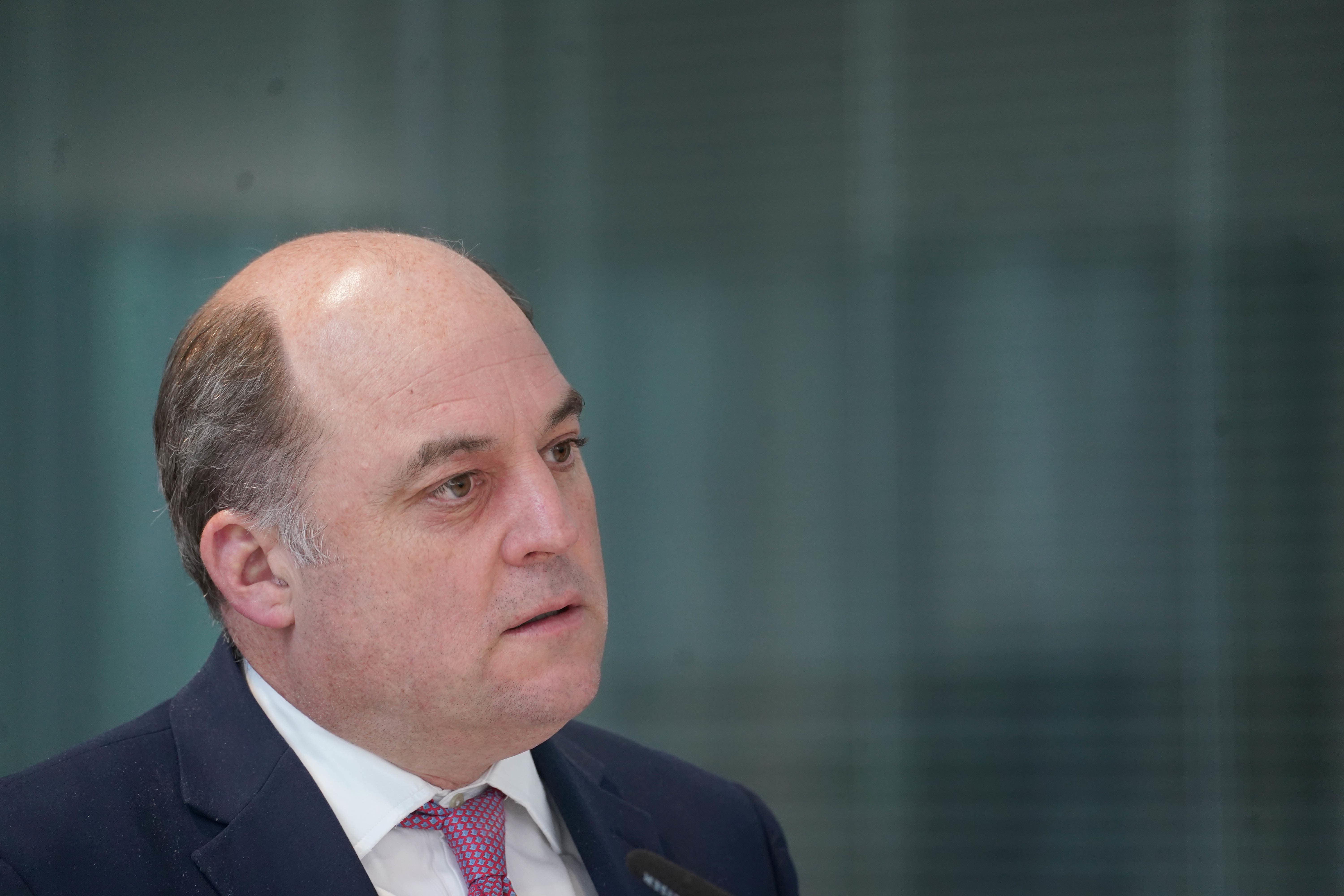Northern European allies agree to step up efforts to protect underwater cables
The Joint Expeditionary Force also agreed a package of air support measures for Ukraine.

Your support helps us to tell the story
From reproductive rights to climate change to Big Tech, The Independent is on the ground when the story is developing. Whether it's investigating the financials of Elon Musk's pro-Trump PAC or producing our latest documentary, 'The A Word', which shines a light on the American women fighting for reproductive rights, we know how important it is to parse out the facts from the messaging.
At such a critical moment in US history, we need reporters on the ground. Your donation allows us to keep sending journalists to speak to both sides of the story.
The Independent is trusted by Americans across the entire political spectrum. And unlike many other quality news outlets, we choose not to lock Americans out of our reporting and analysis with paywalls. We believe quality journalism should be available to everyone, paid for by those who can afford it.
Your support makes all the difference.The UK and allies have agreed to step up efforts to protect underwater cables and pipelines from Russian threats in the wake of last year’s attacks on the Nord Stream gas network.
The announcement came as Defence Secretary Ben Wallace met with counterparts from the Joint Expeditionary Force (JEF) in Amsterdam on Tuesday to discuss their collective response to security threats.
They agreed to “accelerate co-operation” to detect, deter and respond to threats against critical undersea and offshore infrastructure.
The ministers also agreed a £92 million package of air defence measures for Ukraine.
Mr Wallace has previously warned that Russia has “the intent and the ability” to target the West’s underwater energy and communication lines.
In a joint statement, the JEF defence ministers said: “Today we face common challenges including Russian vessels mapping critical undersea and offshore infrastructure, indicating preparations for possible disruption and, at worst, sabotage.
“We have today decided to accelerate co-operation in the JEF in order to detect, deter and respond to threats against our critical undersea and offshore infrastructure, reassure allies and demonstrate collective commitment to the security and stability of Northern Europe; all in full alignment with Nato.”
The JEF members will increasingly share intelligence and surveillance information on possible maritime threats.
They also agreed to “co-ordinate presence and will pool and share capabilities to deter and respond to threats”.
The ministers also reaffirmed their “steadfast commitment to support the people of Ukraine” in the face of Russia’s invasion, which started last February.
The JEF comprises Denmark, Estonia, Finland, Iceland, Latvia, Lithuania, the Netherlands, Norway, Sweden and the UK.
Four leaks were discovered last September on the Nord Stream 1 and 2 gas pipelines, which run from Russia to Germany through the Baltic Sea.
The pipelines were not operational at the time because of disputes between Russia and the European Union over Moscow’s invasion of Ukraine but were filled with natural gas.
As Ukraine mounts a counter-attack against the Russian invasion and occupation of its territory, the JEF nations agreed a package of air defence measures.
Mr Wallace said the equipment will “help Ukraine protect their critical national infrastructure and defend against indiscriminate Russian air strikes”.
The gear will be procured through the International Fund for Ukraine, to which the UK has committed a further £250 million.